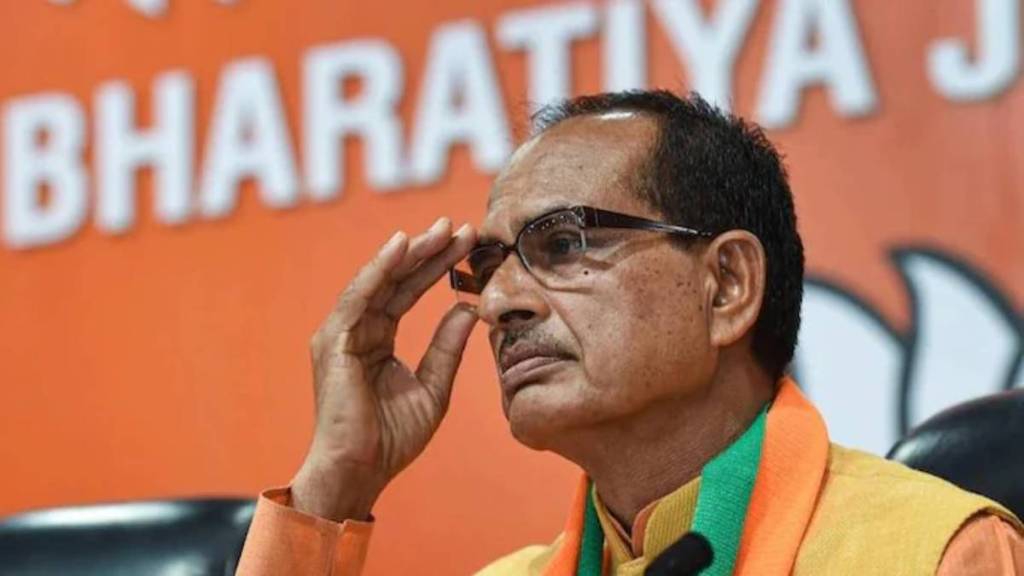The new agriculture minister Shivraj Singh Chouhan, with his experience as the longest-serving Chief Minister of Madhya Pradesh, would have to initiate steps for increasing the production of pulses, oilseeds, and cereals which would help boost domestic supplies and reduce import dependence on these commodities.
Chouhan, who won from Vidisha Lok Sabha constituency with over 0.8 million votes, held the Chief Minister position four times during 2005-2018 and 2020-2023. During his tenure as chief minister, the agriculture GDP of Madhya Pradesh grew an average 7% annually during 2005-6 to 2022-23, faster than the national average of 3.8%.
Sources said ensuring the availability of quality seeds and expanding areas under pulses and oilseeds would form the core focus area of the ministry. Currently, India imports about 58% of its edible oil consumption while 15% of pulses demand is met through imports.
On the positive side, an above-normal monsoon as stated in its forecast by The India Meteorological Department during June-September this year with 92% changes of the rains being in the normal to excess rains is expected to boost outputs of cereals, pulses and oilseeds this year. Adequate monsoon will help in filling up reservoirs and leaving adequate residual moisture in the soil for the next rabi crops such as wheat, chana (gram), masoor (lentils) and mustard.
To cover a large number of farmers under the crop insurance cover, revamping and expanding the Pradhan Mantri Fasal Bima Yojana (PMFBY) for inclusion of far more farmers from the current level of 40 million will be chalked out. The BJP manifesto stated the strengthening of PMFBY through the use of technology for accurate assessment of crop losses and faster payouts.
The party also promised the launch of the Krishi Infrastructure Mission for coordinated implementation of agri-infrastructure projects in the areas of storage, irrigation, grading and sorting units, cold storage facilities and food processing.
In addition, it would launch an indigenous Bharat Krishi satellite for farm-related activities like crop forecasting, pesticide application, irrigation, soil health, and weather forecasting.
The new government will need to focus on continuing the reform momentum in agriculture, which somewhat stalled after Prime Minister Narendra Modi had, in November, 2021, announced the revocation of the three farm laws. withdrawal of three farm Bills in 2021 after sustained protests by farmers.
The farm laws had laid down the framework for contract farming, allowed inter-state and intra-state trade and commerce outside the physical premises of markets notified under state APMC legislations, besides amendment of the Essential Commodities Act.
Speaking to the FE, Siraj Hussain, former secretary, ministry of agriculture, said: “The government will do well to enable the existing agricultural produce marketing committees (APMCs) and to make them stronger, more transparent and more efficient.
To ensure that farmers get access to agri-credit flow, the new government has to address regional disparity in the agri-credit flow. Despite a record disbursal of agricultural loans by banks to over Rs 24 trillion in FY24 against a target of Rs 20 trillion, over Rs 12.5 trillion (50.5%) was disbursed to five southern states — Andhra Pradesh, Telangana, Karnataka, Tamil Nadu and Kerala while the region had only 17% of the gross cropped area of the country.
In FY24, the gross value added for agriculture and allied activities grew at 1.4%, the lowest since 2018-19 due to ‘below normal’ rains in 2023, which had an adverse impact on the output of several key crops such as pulses and cereals.
Sources said as part of the 100-day agenda of the new government, In the case of fertilizer subsidy, a new thrust will be provided to cut down on leakages and diversions and promote the use of alternative soil nutrients such as Nano-urea, Nano-DAP and others. For the agrochemical sector, a policy to promote exports, and attract foreign investments while protecting the interest of domestic players will have to be initiated.


